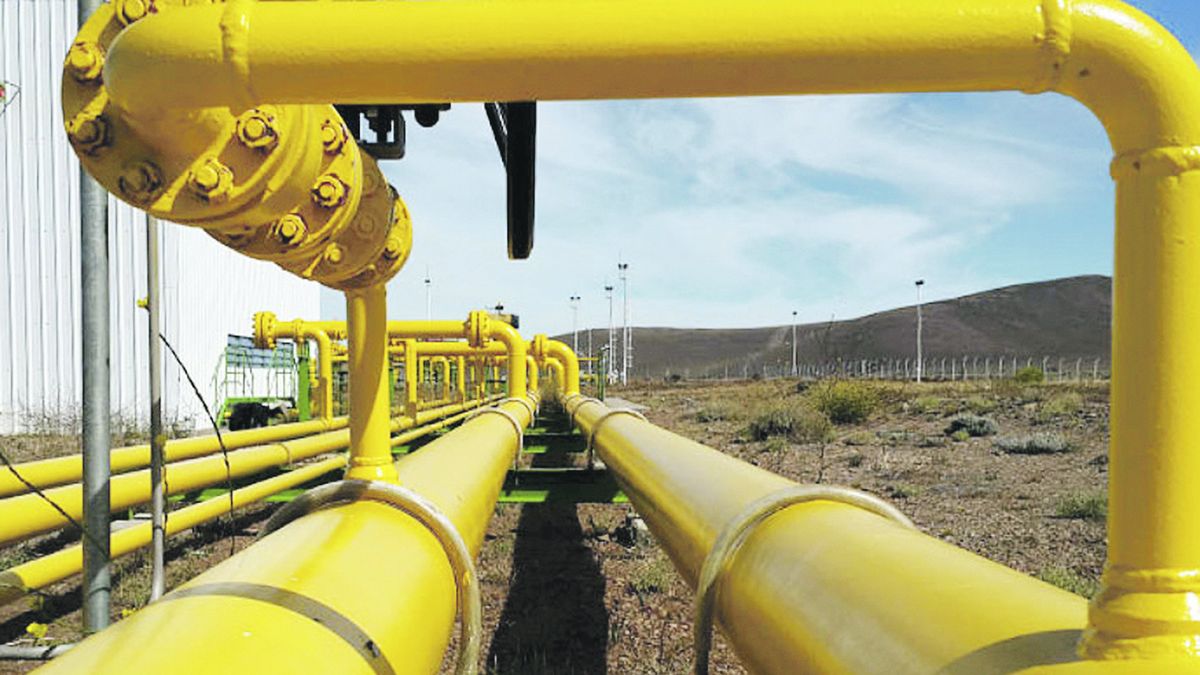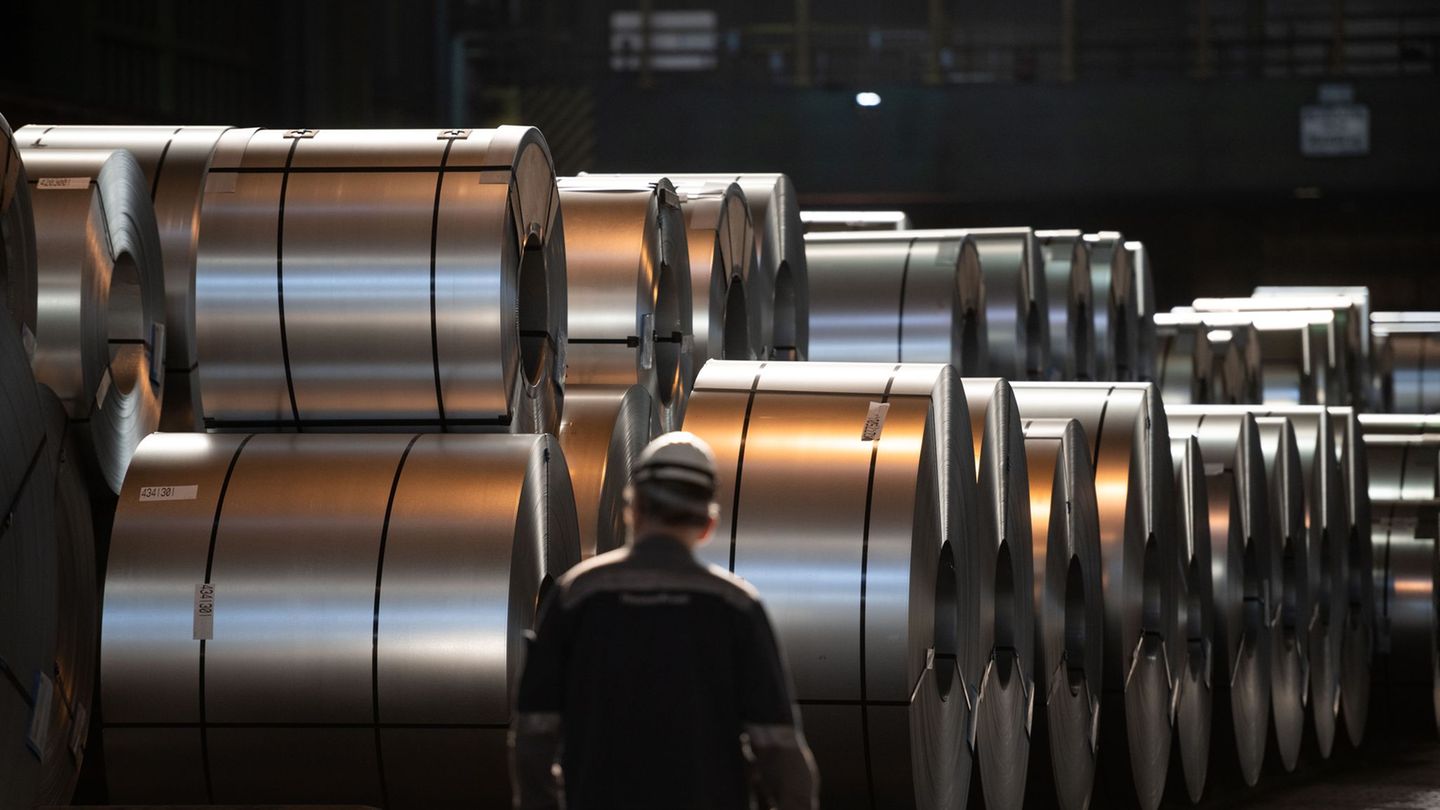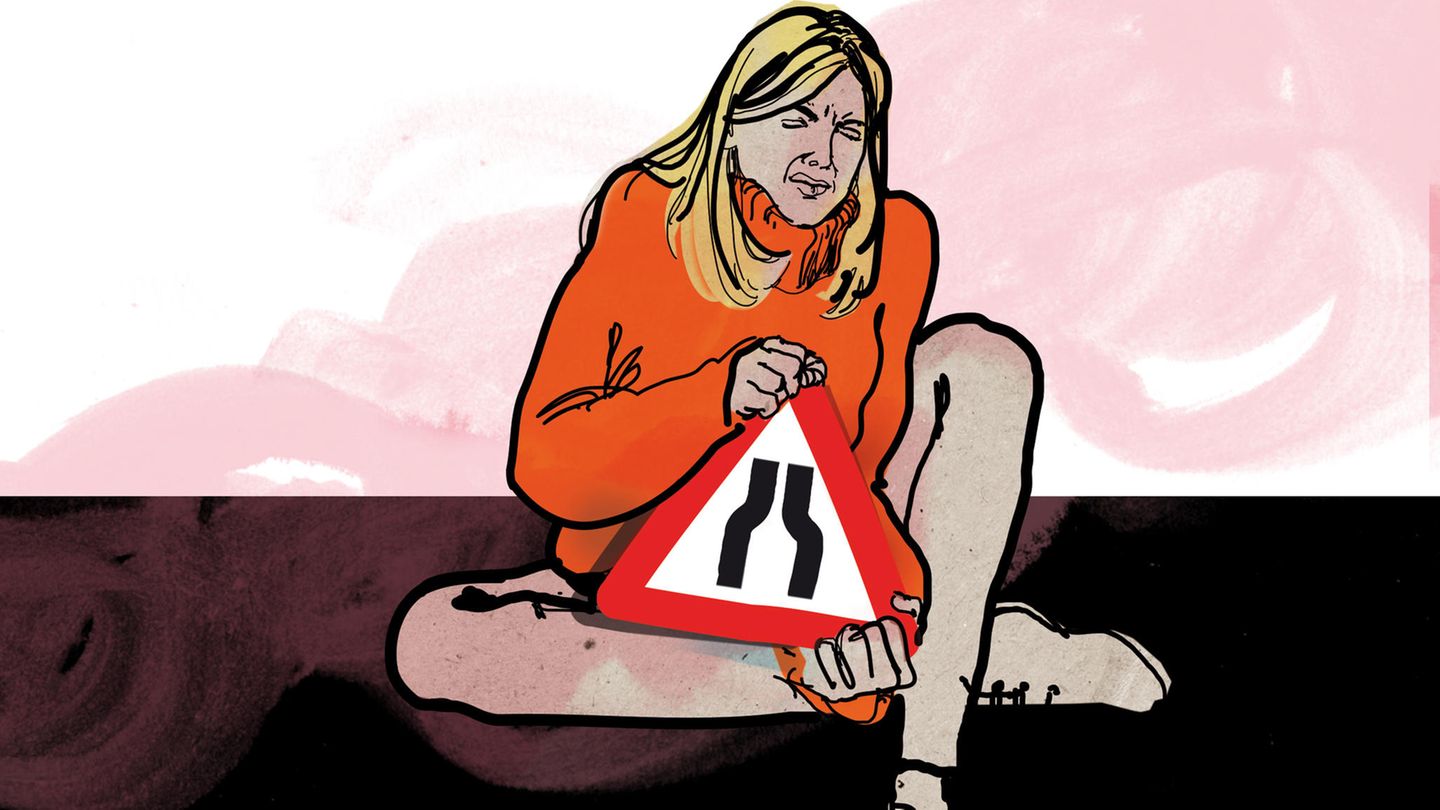This Friday one of the final stages of the construction of the Néstor Kirchner gas pipeline: the last weld of the more than 50,000 pipes that were used for the infrastructure work, which will lead to a savings of US$2,000 million in foreign currency only for the next 6 months.
official sources ratify that the start-up date remains June 20Therefore, during this month, only the hydraulic tests will remain pending. On the same day, the Minister of Economy, Sergio Massa, will advance with the tender for the second section of the gas pipeline. The work is one of the reasons that could explain the return to the energy trade surplus after 13 years.
Final stage
The last welding will be carried out at kilometer 232 of the gas pipeline route, located in the province of La Pampa, where sections 1 and 2 meet, since to speed up construction it had been divided into 3 sections. Thus, the gas pipeline will become “in one piece”, from Tratayén, in Neuquén, to Salliqueló, in the south of the province of Buenos Aires.
The event will be celebrated by the Government with a transmission via streaming this Friday at 2:00 p.m.. From the place, the president of Energía Argentina (formerly Enarsa), Agustín Gerez, will be present. From Buenos Aires, and virtually, there could be Massa and the Secretary of Energy, Flavia Royón.
The last weld is a relevant fact because it is what will allow completion of hydraulic tests to verify that there are no leaks. The task is carried out by the construction companies: Techint, Sacde and BTU, under the supervision of the former Enarsa.
Official sources confirmed that, thus, the gas pipeline will come into operation on June 20. In fact, the last welding process was scheduled for May 15, and it will take place this Friday the 12th. Although it has not yet been defined, the commissioning on the day of the flag is possibly a political act with all kinds of deployment, and it is expected that President Alberto Fernández will also participate there.
“It is the most important infrastructure work of the entire management of the Frente de Todos,” argued an official source. In part, the government highlights the “speed” with which it was carried out. After repeatedly postponing the tender from 2019 to here, and after spending a record amount on energy imports in 2022, the Government gave it speed: to take dimension, they mention that the contract was signed in August 2022 and in September was making the first movement of soil.
So, a work that can take about two years, according to construction sources, will have been done in less than a year. Among the reasons that explain this speed are the “coordination” between the State and companies, together with the incorporation of the latest technology to speed up processes. “No dollar was missing to import,” they told from a private sector company.
Macroeconomic impact
Behind the speed of the work, there is also the macroeconomic impact, in a context of historical drought and extreme fragility of the exchange balance. In front of more than 1000 executives, Massa described the stage of the last weld as a “historical fact”, for what it will imply in terms of energy import savings, which he estimated at US$1.9 billion. From Enarsa they calculate that the savings could exceed US$ 2,000 milliondepending on how fuel prices fluctuate, and import requirements that vary according to economic activity and weather. For all of 2024, this saving is estimated at more than US$4 billion.
Going forward, what the gas pipeline will lack is the commissioning of the two compression plants. The one that has to be in the Tratayén area has already arrived at the place, but the one that will be in Saliqueló, which is already in the country, still needs to be transferred. It is that from June the pipeline will have a capacity to evacuate 11 million cubic meters per day (MMm3) of Vaca Muerta gas, but with this technology the transport will be requested at 22 MMm3 per day.
In it second semester, The Government will seek to tender and start building two other works. On one hand, the second stage of the NK pipelinewhich could be tendered on June 20 and will be financed differently from the first tranche, which was done by the Treasury: sources of financing from Brazil are explored and the private sector will be invited to participate.
On the other hand, also in 2023 the start-up of the reversal of the northern gas pipeline, to transport the gas from Vaca Muerta to central and northern Argentina, given the decline of Bolivia and the basins of northern Argentina. It already has confirmed financing for US$540 million from the Andean Development Corporation (CAF).
So, for this year it is expected that it can be closed with a favorable energy balance, although not by much. But, by 2024, Economy estimates that it will be positive by up to US$12,000 million.
Source: Ambito




